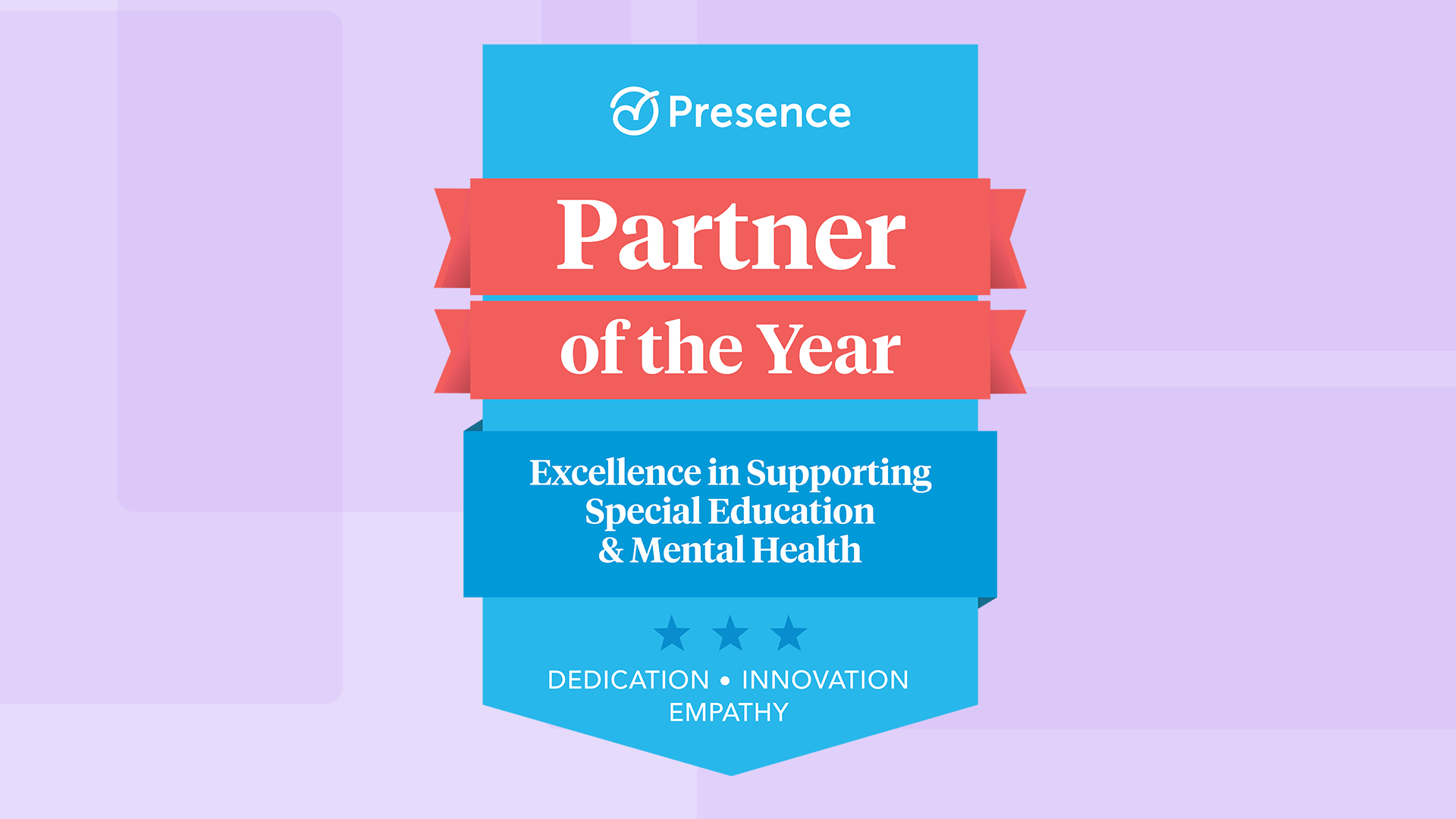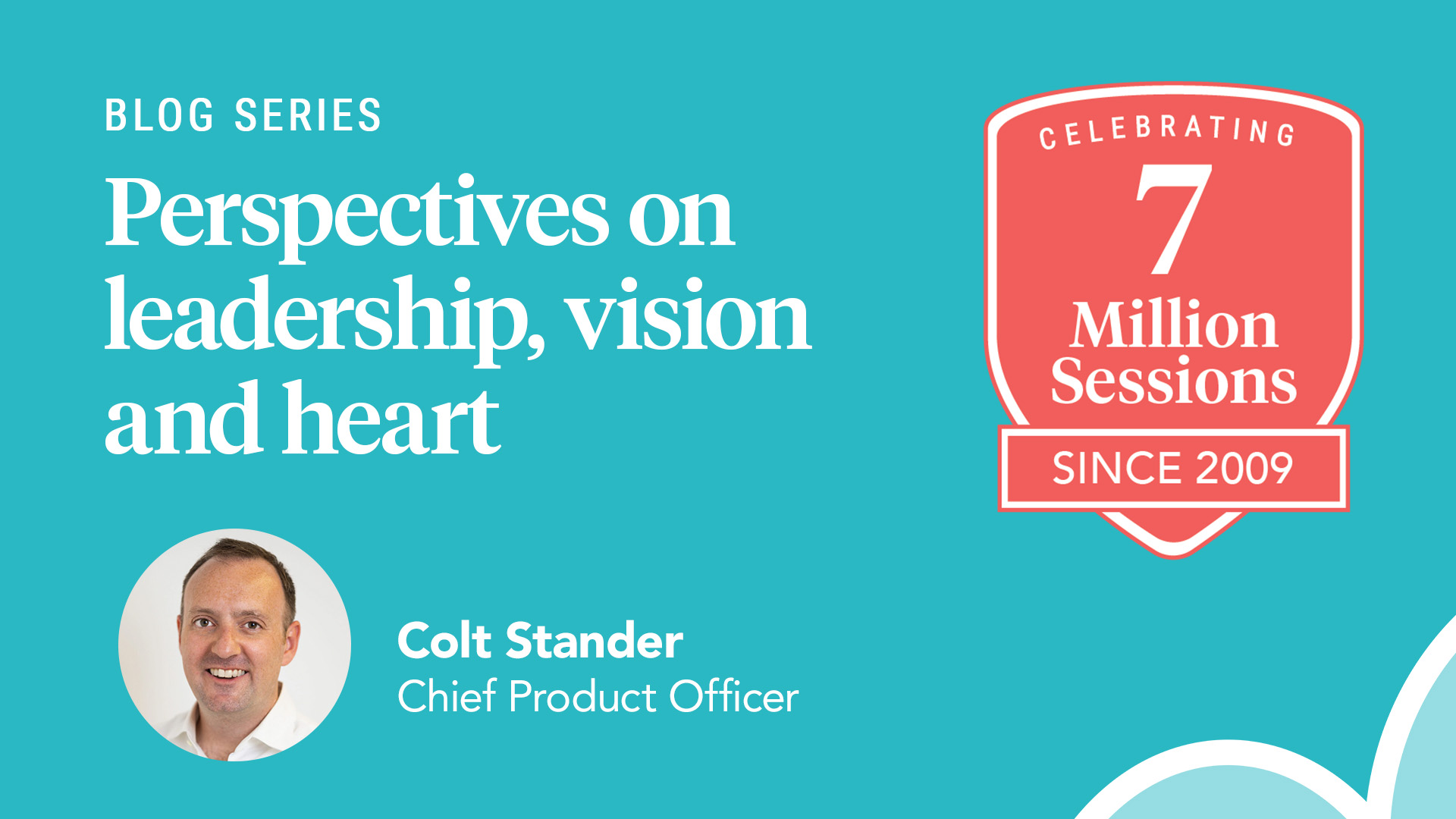
Students entering kindergarten come to school with varying levels of oral language and communication skills. By age three, which is far before kindergarten begins, children with typically developing language skills should be comfortable answering common questions verbally and should not be relying on head nods or gestures as their main form of communication. A child’s parents, family, and early educators and caregivers have an important role in modeling good oral language during these critical years.
In a recent guest column for The Hechinger Report “Teacher Voice” column, Devin Walsh, a kindergarten to first-grade “looping” teacher at Oak Grove Primary School in Hattiesburg, Miss., highlighted some strategies for reinforcing good oral language habits with young students.
Talk to them! Just like other skills, language is a practiced skill. Start by asking children questions about their interests or their daily activities to initiate a conversation. Open-ended questions that require more than one-word answers will better hone their conversation skills and their vocabulary. When asking questions, make sure you have the child’s attention, lower your voice, and be very clear about what you are trying to communicate.
Be a good listener. Remember to be an active listener. Facial expressions, eye contact and close proximity will convey your interest in what the child is saying, which will encourage them to keep talking. Modeling how to be a good listener will also help the child develop good listening skills.
Help them learn new words. A bigger vocabulary helps children communicate more, but it also helps them better understand what they hear or read. To help children develop their phonological awareness:
- Read books together
- Teach rhymes, poems and songs
- Practice the alphabet by pointing out letters and emphasizing their names and sounds
- Use language apps that emphasize the development of phonemic and phonological awareness
Know when to seek extra support. If a child isn’t picking up oral language skills, lacks interest in vocabulary exercises or has issues following directions, it may be time to consult with an SLP. Children develop at different rates, so they may be proficient in certain skills while lacking in others. An SLP can conduct assessments to determine if the child has a skill deficiency or a diagnosable speech-language disability.
PresenceLearning’s online SLPs conduct these assessments online via a live, secure videoconferencing connection and can administrator assessments in six different skill areas: articulation/phonology, full language, bilingual language, pragmatic language, fluency and early childhood. The online SLP can then implement intervention strategies specific to the child’s needs and goals. To learn more about PresenceLearning’s early childhood services, and to see a short video demonstrating how they work, click here.






